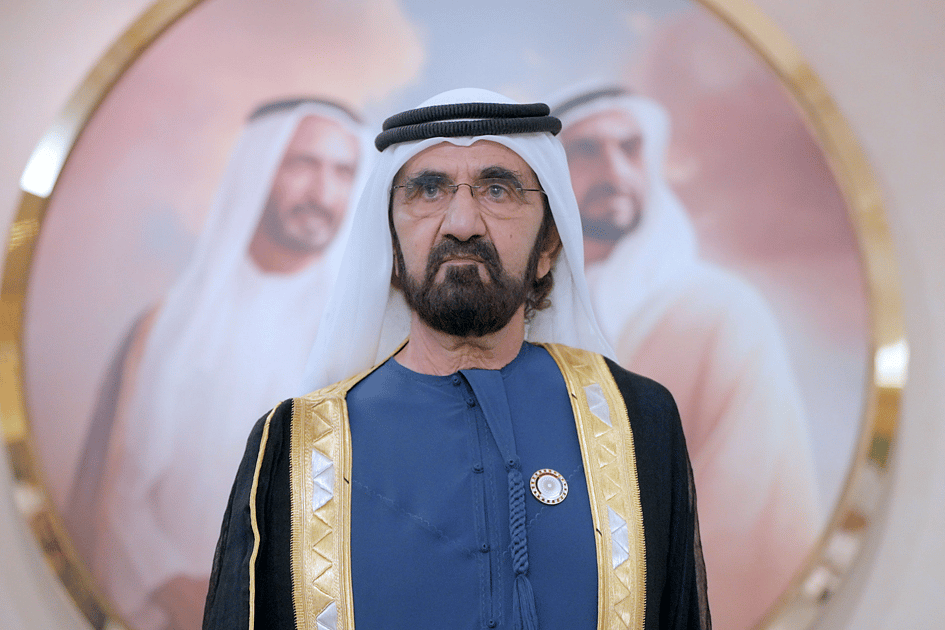Sheikh Mohammed bin Rashid Al Maktoum, Vice-President and Prime Minster of the UAE and Ruler of Dubai, on Monday issued a new law focused on resolving disputes related to the execution of citizen housing building contracts in the emirate.
The move is aimed at strengthening social stability and improving citizens’ well-being.
Set to take effect on January 1, 2026, the law introduces a dedicated legal framework to swiftly and efficiently handle disagreements, without disrupting the progress of housing development projects.
Stay up to date with the latest news. Follow KT on WhatsApp Channels.
Key objectives of the new law
The law is designed to:
-
Developing an alternative dispute resolution (ADR) system for construction contracts, protecting the rights of all involved parties.
-
Promoting amicable and consensual solutions, encouraging the continuation of contractual relationships.
-
Providing a swift and more efficient mechanism for resolving disputes, to streamline dispute resolution in citizen housing projects.
-
Ensure that construction progress remains uninterrupted, even during contractual disagreements.
Considering and adjudicating disputes:
To implement the new law, the Centre for Amicable Settlement of Disputes will form a specialised branch to manage disputes specifically related to citizen housing construction contracts.
Under the new system disputes will first undergo mediation, to be concluded within 20 days, with a possible extension of another 20 days if both parties agree.
If mediation fails, the case will be referred to a dedicated committee comprising one judge and two industry specialists. This committee must issue a decision within 30 days, extendable once by the same period.
Parties have the right to appeal the committee’s ruling to the Court of First Instance within 30 days of the decision.
Streamlining contractual relationships
Engineer Marwan Ahmed bin Ghalita, Director General of Dubai Municipality, said, “The law for settling citizen house building contract disputes relating to contract execution, represents a significant step towards strengthening Dubai’s housing sector.”
Bin Ghalita explained that the law streamlines the contractual relationships between citizens, contractors, and consultants, serving as a vital tool for ensuring the sustainability of housing projects and mitigating potential repercussions arising from construction disputes. He noted that this system will ultimately enhance citizen satisfaction and promote greater comfort and stability for families.
Valuable addition
Prof Abdullah Saif Al Sabousi, Secretary-General of the Dubai Judicial Council, affirmed that the law marks a valuable addition to Dubai’s judicial system, as it reflects the strategic focus on strengthening alternative dispute resolution mechanisms, ensuring swift and efficient justice.
Al Sabousi added: “The mechanism stipulated in the law, to be implemented through the establishment of a specialised branch for the Centre for Amicable Settlement of Disputes, represents an advanced model for resolving disputes amicably and effectively without resorting directly to litigation. Highly qualified specialised personnel will be available to ensure the speed and quality of procedures, serving the public interest and fulfilling citizens’ aspirations for a secure and stable housing environment.”

